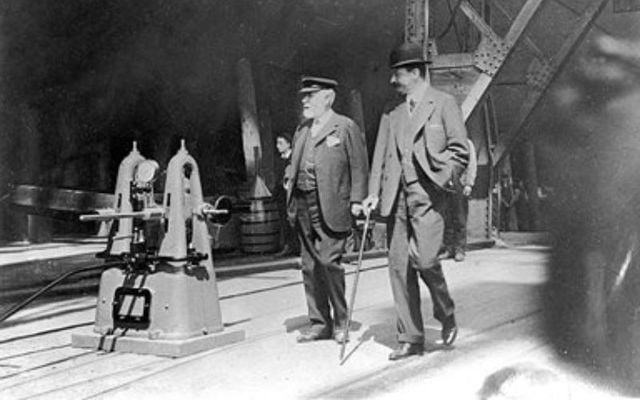New Delhi: The discovery of a pile of burnt cash at Delhi High Court judge Justice Yashwant Varma’s residence last month tarnished the image of the judiciary to some extent.In a move seen as a step towards restoring public confidence in judicial integrity and bring in transparency, all 33 sitting judges of the Supreme Court have unanimously agreed to disclose their assets publicly by publishing details on the apex court’s official website.The Supreme Court’s decision to mandate public disclosure is seen as a step towards restoring public confidence in judicial integrity.
The decision, taken at a full court meeting on April 1, will also apply to future judges.It’s a significant shift from existing practice, where asset declarations were mandatory only to the Chief Justice of India (CJI) but optional for public disclosure.Decades-old debateJudicial assets disclosure has been debated for several decades.

Way back in 1997, Supreme Court adopted a resolution known as the ‘Restatement of Values of Judicial Life,’ which required every judge of the top court to declare their assets and liabilities to the Chief Justice of India (CJI), while high court judges are to submit details of their assets to the chief justices of their respective high courts.Such declaration was to be made after appointment and updated annually, but it was not to be made public.Following the enactment of Right to Information (RTI) Act in 2005, debates on judicial transparency intensified.
RTI lets citizens seek information from public authorities, but Section 8(1)(j) of the Act exempts disclosure of personal information unless it serves a larger public interest. It’s Section 8(1)(j) which has been hitherto used to deny access to judicial asset declarations.After public scrutiny and hue and cry, the Supreme Court resolved to allow voluntary disclosure of judges’ assets in 2009, but it won’t be mandatory.
The Supreme Court website currently states that asset disclosure is voluntary, with 30 out of 33 judges having submitted their declarations.The latest resolution makes it mandatory for all Supreme Court judges to make asset disclosures publicly accessible.The recent controversy over cash-at-home involving sitting high court judge Justice Varma underscored the growing calls for full transparency in judiciary.
Justice Varma, who is facing an in-house inquiry, has been moved to his parent high court at Allahabad.The post Amid Cash-At-Home Row, All Supreme Court Judges Agree To Publicly Declare Assets appeared first on Odisha Bytes..
Top

Amid Cash-At-Home Row, All Supreme Court Judges Agree To Publicly Declare Assets

New Delhi: The discovery of a pile of burnt cash at Delhi High Court judge Justice Yashwant Varma’s residence last month tarnished the image of the judiciary to some extent. In a move seen as a step towards restoring public confidence in judicial integrity and bring in transparency, all 33 sitting judges of the Supreme [...]The post Amid Cash-At-Home Row, All Supreme Court Judges Agree To Publicly Declare Assets appeared first on Odisha Bytes.











